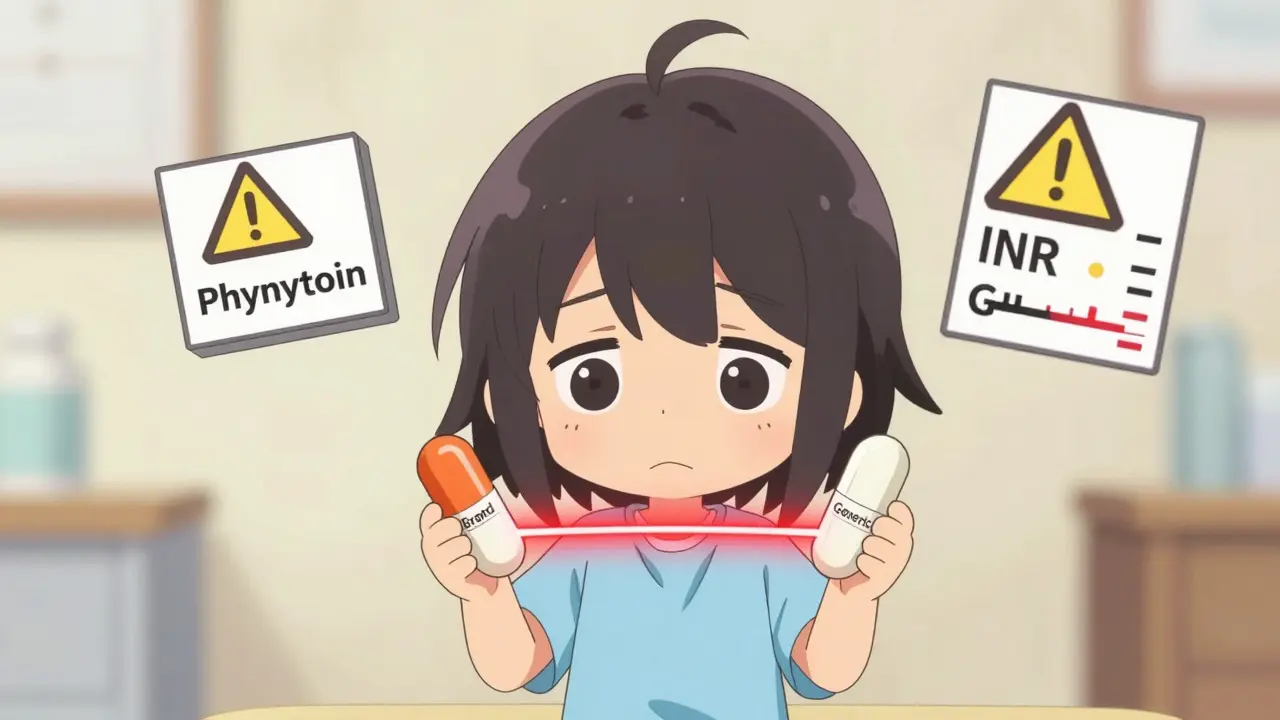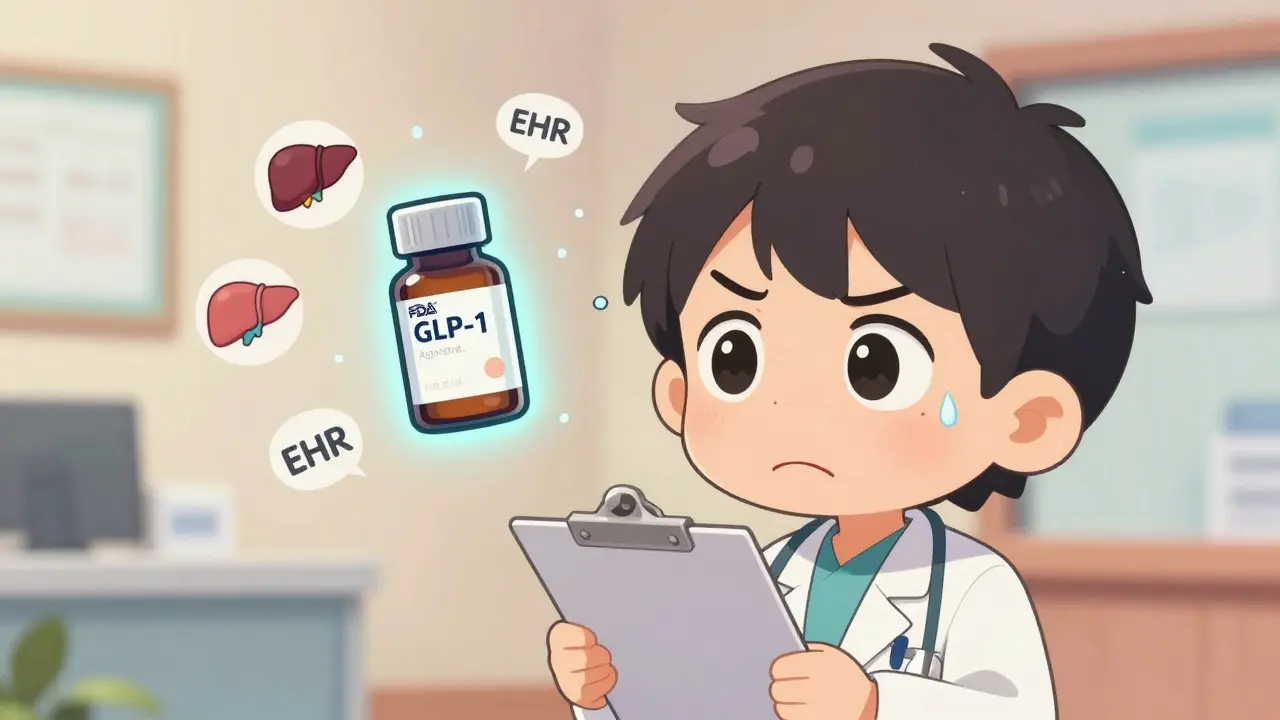Conception Tips You Can Use Right Now
Thinking about having a baby? You don't need a medical degree to get started. A few everyday changes, the right meds, and a couple of safe supplements can make a real difference. Below you’ll find clear steps you can try today, plus what to ask your pharmacist about.
Understanding Fertility Basics
First, know that fertility works like a clock. Women have a fertile window each month when an egg can be fertilised. Tracking ovulation with an app or a simple temperature chart helps you aim for that sweet spot. Men also play a big part – healthy weight, regular exercise and limiting alcohol boost sperm quality.
Second, keep stress low. High stress can mess with hormone signals. Short walks, breathing exercises, or a hobby you love can keep cortisol in check and improve your chances.
Medications & Supplements that Help
When lifestyle tweaks aren't enough, doctors often prescribe medications. Clomiphene citrate (Clomid) is a common first‑line drug that encourages ovulation. If you have a specific hormone issue, your doctor might suggest letrozole or gonadotropins. Always discuss side effects and dosage with a pharmacist.
Supplements are another safe route. Folic acid is a must – 400 µg daily reduces birth defects and supports early pregnancy. Co‑enzyme Q10 can improve egg quality, especially in women over 35. For men, zinc and selenium are linked to better sperm motility. Choose products that are third‑party tested and ask the pharmacy staff to verify quality.
Remember, not every supplement works for everyone. Start with a low dose and watch how your body reacts. If you notice any unusual symptoms, stop and consult your doctor.
Besides pills, consider natural foods. Spinach, berries, nuts and fatty fish pack nutrients that help hormone balance. Pair them with the right supplements for a double boost.
Lastly, stay on top of medical appointments. Regular check‑ups let your doctor adjust doses or switch treatments if needed. Bring a list of any over‑the‑counter meds or supplements you take so they can spot possible interactions.
Getting pregnant can feel like a marathon, but breaking it down into simple steps makes it easier. Use the tools above, keep communication open with your healthcare team, and stay patient with yourself. Your body knows how to do this – you just need to give it the right support.





